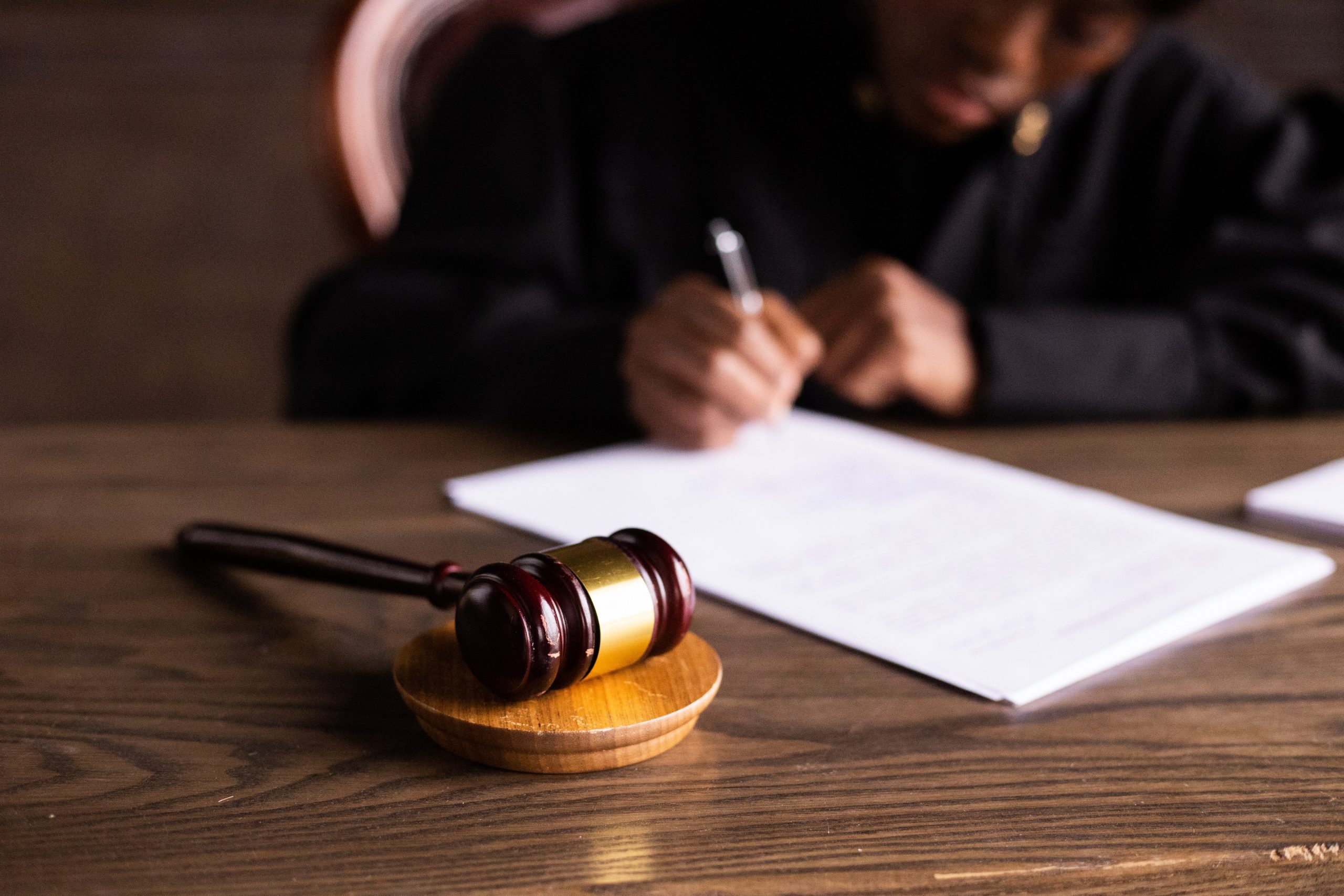
Appealability is a jurisdictional question. A jurisdictional question is one that the law answers either one way or the other, and there is nothing the court can do about it. So when a court answers a jurisdictional question with, "under the circumstances," that is a clue that something strange is going on.
That is how the court answered the question whether an order denying a motion to vacate a conservator's final account in Hudson v. Foster (D2d5 Sep. 7, 2021) ___ Cal.Rptr.3d ___ 2021 WL 4059808. While the order settling an account of a fiduciary is appealable under Probate Code section 1300(b), an order denying a motion to vacate on equitable grounds generally is not appealable. (Kalenian v. Insen (2014) 225 Cal.App.4th 569, 575–576 (Kalenian); Estate of Baker (1915) 170 Cal. 578, 581–582 (Baker).) (Already the word "generally" is problematic.)
But in this case, the appellant-conservatee urged that his conservator had concealed information. Owing to that concealment, the appellant effectively was deprived of the opportunity to appeal directly from the order approving the account.
The Second District Court of Appeal agreed. "Under limited circumstances, however, a probate court order denying a motion to vacate on equitable grounds is appealable. (Kalenian, supra, 225 Cal.App.4th at p. 577.) If the judgment or decree was final and appealable, then an order refusing to vacate the judgment or decree is appealable “when, for reasons involving no fault of the appealing party, he has never been given an opportunity to appeal directly from the judgment or decree.” (Baker, supra, 170 Cal. at p. 582.)
The Hudson court did not mention this, but there is authority that holds an order denying a motion to vacate is appealable where the circumstances wrongfully deprived the appellant of the right to appeal from the underlying order. Such as, where, due to duress, the record did not disclose the grounds for appeal. (Marriage of Brockman (1987) 194 Cal.App.3d 1035, 1043; Cope v. Cope (1964) 230 Cal.App.2d 218, 228-229.)
The probate court had concluded, incorrectly, that the appellant's access to information meant he ought to have discovered the alleged concealment. The Court of Appeal held this was the wrong standard because he conservatee is entitled to rely on information in a conservator's report as being accurate. A conservatee's "mere access-to-information did not trigger an obligation to comb through the records to verify the truth of [the fiduciary's] representations."
Comment: The large number of exceptions to the nonappealability of orders denying motions to vacate undermine the notion that appealability is jurisdictional. Perhaps the Supreme Court or the legislature should consider offering clarification.